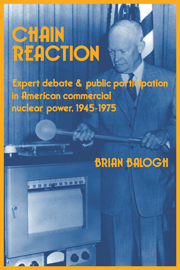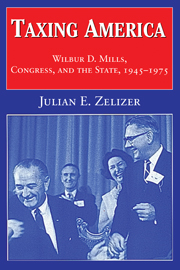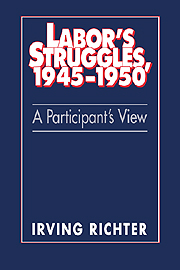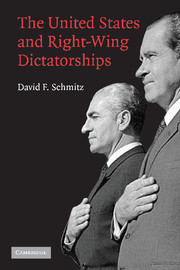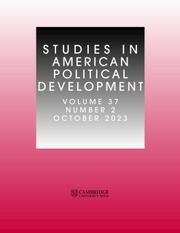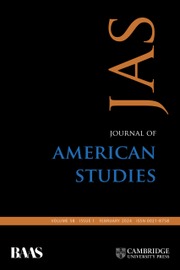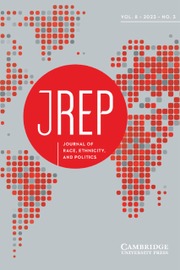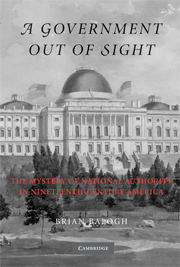Chain Reaction
Path-breaking research into the Atomic Energy Commission's internal memorandum files supports this text's explanation of how and why America came to depend so heavily on its experts after World War II and why their authority and political clout declined in the 1970s.
- Balogh examines the peaks and troughs of America's love affair with its nuclear experts
- Includes research into the internal memoranda of the Atomic Energy Authority
Reviews & endorsements
"Chain Reaction by Brian Balogh is both a creative examination of post-World War II bureaucratic politics and a penetrating account of the development of commercial nuclear power in the United States...Balogh makes a real contribution to our understanding of the role of science and scientists in the formulation of public policy." The Journal of American History
"A signicant work, and one that deserves to have a major influence on subsequent attempts to write the history of administrative politics in the United States since World War II." Science
"It is a truly original book, providing a deep view of the American government that evolved after World War II. It breaks a path toward a new type of twentieth-century political history -- one that includes bureaucrats and lobbyists as well as politicians and officials." Ernest R. May, Harvard University
"Brian Balogh's study of the Atomic Energy Commission is a chapter of the greatest importance in the extension of the history of administrative politics to the second half of the 20th century. Balogh is especially adept at identifying the way in which administrative politics become more open and pluralistic. In this process he stresses not the role of citizen groups but of scientists who brought new twists to the debate over atomic energy from outside the AEC and thereby forced it to take part in a public debate that it had long kept behind its own doors. Specialization within science served not to unify public decisions but to fracture them as different disciplines competed to make their own knowledge relevant to public affairs. An excellent and pioneering study of a pervasive problem in the historical relationship between science and public policy." |c Samuel P. Hays, Distingushed Service Professor of History, University of Pittsburgh
"Balogh has produced a useful, insightful and independent analysis of the formation and implementation of nuclear policy-making. This well-documented study adds much to our understanding of how and why professional and bureaucratic agencies have formed public opinion and public policy." Choice
"Chain Reaction will be at the center of stimulating discussion over the nature of modern American politics for many years to come. It is, indeed, an exciting book to read." Martin V. Melosi, Reviews in American History
"Balogh's study effectively combines political science and discussion of public policy issues with careful historical analysis. His research is superb; the notes are extensive and informative....Balogh has produced a book of value to students of public policy and historians who grapple with the institutions of the second half of the twentieth century." Virginia P. Dawson, Journal of Interdisciplinary History
Product details
November 1993Paperback
9780521457361
356 pages
229 × 152 × 20 mm
0.52kg
Available
Table of Contents
- Acknowledgments
- 1. Professionalisation and politics in twentieth-century
- America: from fission to fusion
- 2. The promise of the proministrative state: nuclear experts and national politics, 1945–1947
- 3. Forging an iron triangle: the politics of verisimilitude
- 4. Triangulating demand: the AEC's first decade of commercialisation
- 5. The centrifugal push of expertise: reactor safety, 1947–1960
- 6. The magnetic pull of professional disciplines, issue networks and local government
- 7. Nuclear experts on top, not on tap: mainstreaming expertise, 1957–1970
- 8. Nuclear experts everywhere: the challenge to nuclear power, 1960–1975
- 9. Conclusion: harnessing political chain reactions
- Notes
- Bibliography
- Index.

